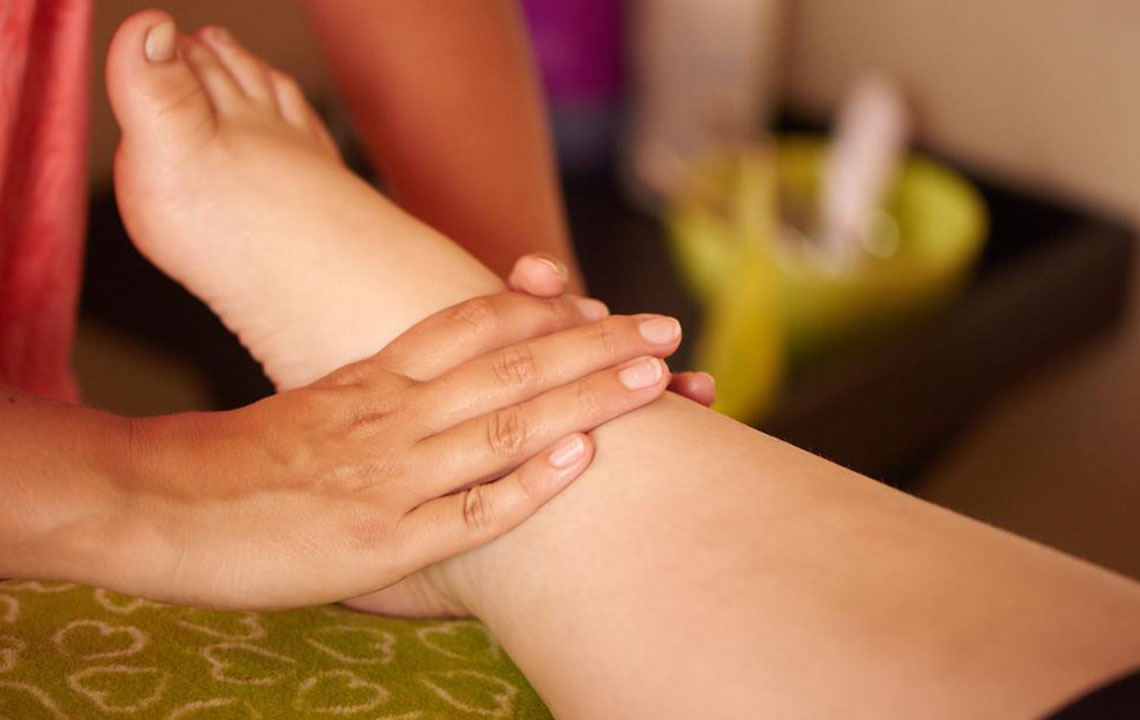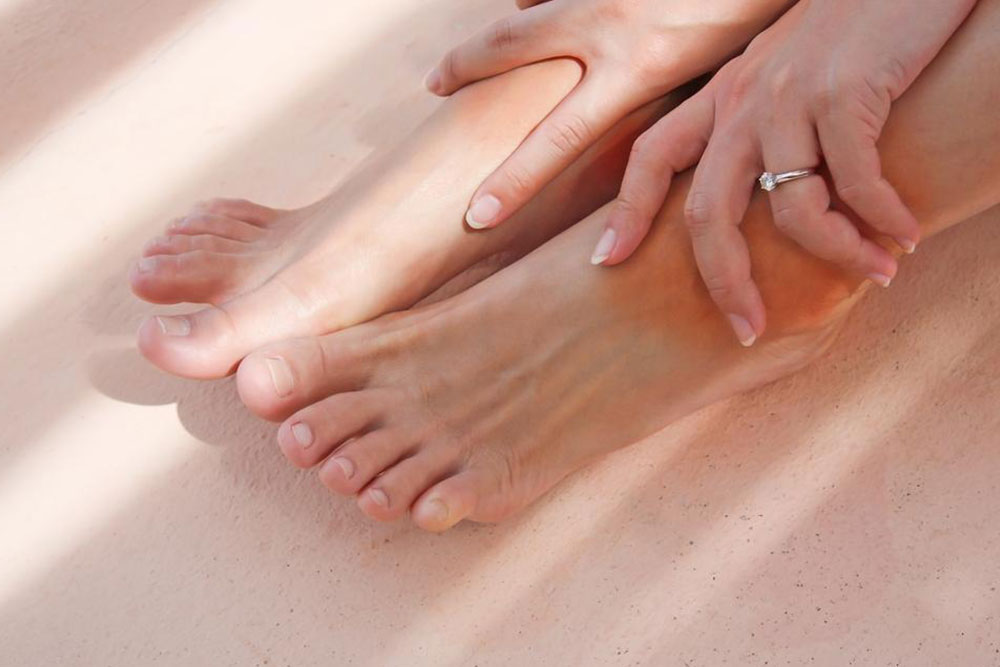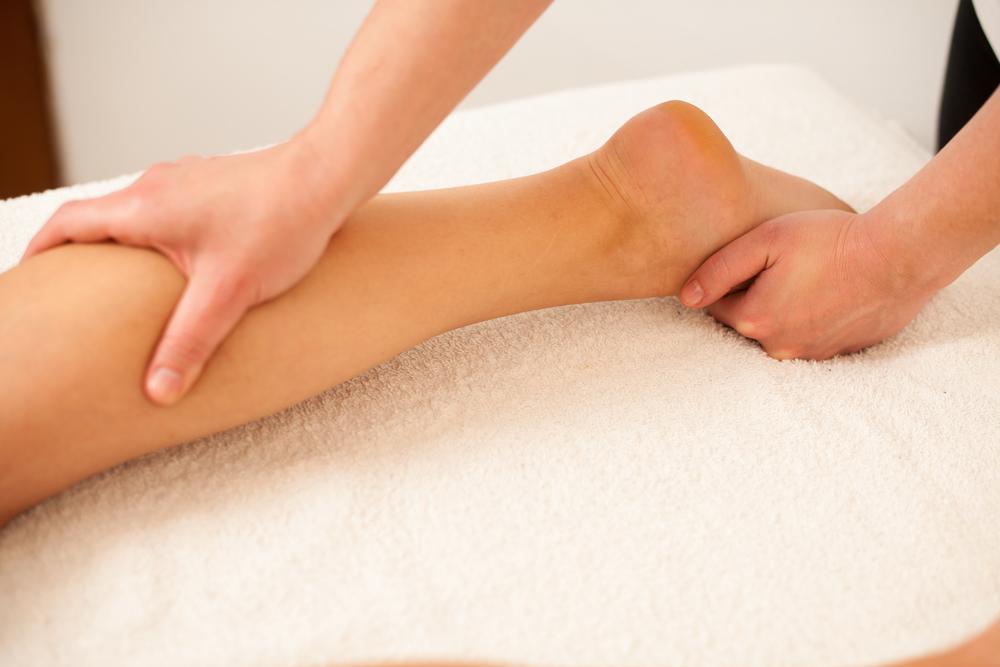Top Reasons for Swollen Feet and Ankles and How to Address Them
Discover common causes of swollen feet and ankles including pregnancy, injuries, and chronic medical conditions. Learn effective natural remedies like saltwater soaks and leg elevation, and know when to seek medical help. This comprehensive guide helps identify potential health issues and offers practical tips to reduce discomfort, emphasizing the importance of consulting healthcare professionals for persistent swelling or pain.

Common Causes of Swelling in Feet and Ankles
Foot and ankle swelling can be uncomfortable and painful. These areas bear much of your body weight during activities like standing and walking. If you notice persistent swelling or pain, it's essential to identify the underlying cause and consult a healthcare professional for proper treatment.
What Causes Swollen Feet and Ankles?
Numerous factors can lead to swelling and discomfort in your feet and ankles. Here are some common reasons:
Pregnancy
During pregnancy, increased pressure on the abdomen can cause fluid retention in the legs and feet. This is typical but should be monitored. Excessive swelling accompanied by headaches or abdominal pain can signal preeclampsia, a serious condition requiring urgent medical attention.
Injuries and Infections
Open cuts or wounds on your feet can become infected, resulting in swelling. Chronic illnesses like diabetes can complicate healing and increase infection risk, especially because nerve damage may mask pain or injury signs. Regular inspection of your feet is crucial.
Underlying Chronic Conditions
Heart, kidney, or liver issues may cause fluid buildup, leading to swelling. Heart disease can reduce circulation, kidney problems impede waste removal, and liver issues decrease albumin production, all contributing to fluid leakage and retention.
Lymphedema
Removal of lymph nodes due to conditions like cancer can disrupt lymphatic drainage, causing fluid accumulation and swelling, especially in the feet.
Venous Insufficiency
When vein valves weaken or blood clots form, blood can pool in the lower limbs, resulting in swelling and varicose veins. Medical assessment is essential for proper diagnosis.
Injuries such as Sprains or Fractures
Ankle sprains or broken bones cause localized swelling and pain, requiring rest, compression, and sometimes immobilization or medical intervention.
Medication Side Effects
Certain medications, like hormonal treatments, calcium channel blockers, NSAIDs, and diabetic drugs, may cause fluid retention as a side effect. If swelling begins after starting a new medication, seek medical advice.
Additional Factors
Swelling can also result from insect bites, arthritis, obesity, hypothyroidism, or wearing tight clothing that interferes with circulation. Varicose veins may also cause similar symptoms.
Effective Remedies for Swollen Feet and Ankles
Addressing the root cause is vital, but there are natural ways to alleviate discomfort:
Saltwater Soak
Dissolve Epsom salt in a bath or bucket of water and soak your feet. This can reduce swelling and soothe inflamed areas caused by pregnancy or injury.
Elevate Your Feet
When swelling occurs, raise your legs above heart level using pillows or by lying down. Elevation helps decrease fluid accumulation and relieves pain.
Always consult your healthcare provider for persistent or severe swelling to rule out serious health issues and explore appropriate treatments.
Note:
This article offers general health information about swollen feet and ankles. It is intended for educational purposes and should not replace professional medical advice. For personalized diagnosis and treatment, always consult a healthcare professional. The information provided may not cover all possible causes or treatment options.










